Speakers
Speakers for the 2025 Urban Forum subject to change.
Keynote Speaker
Juan Gonzalez
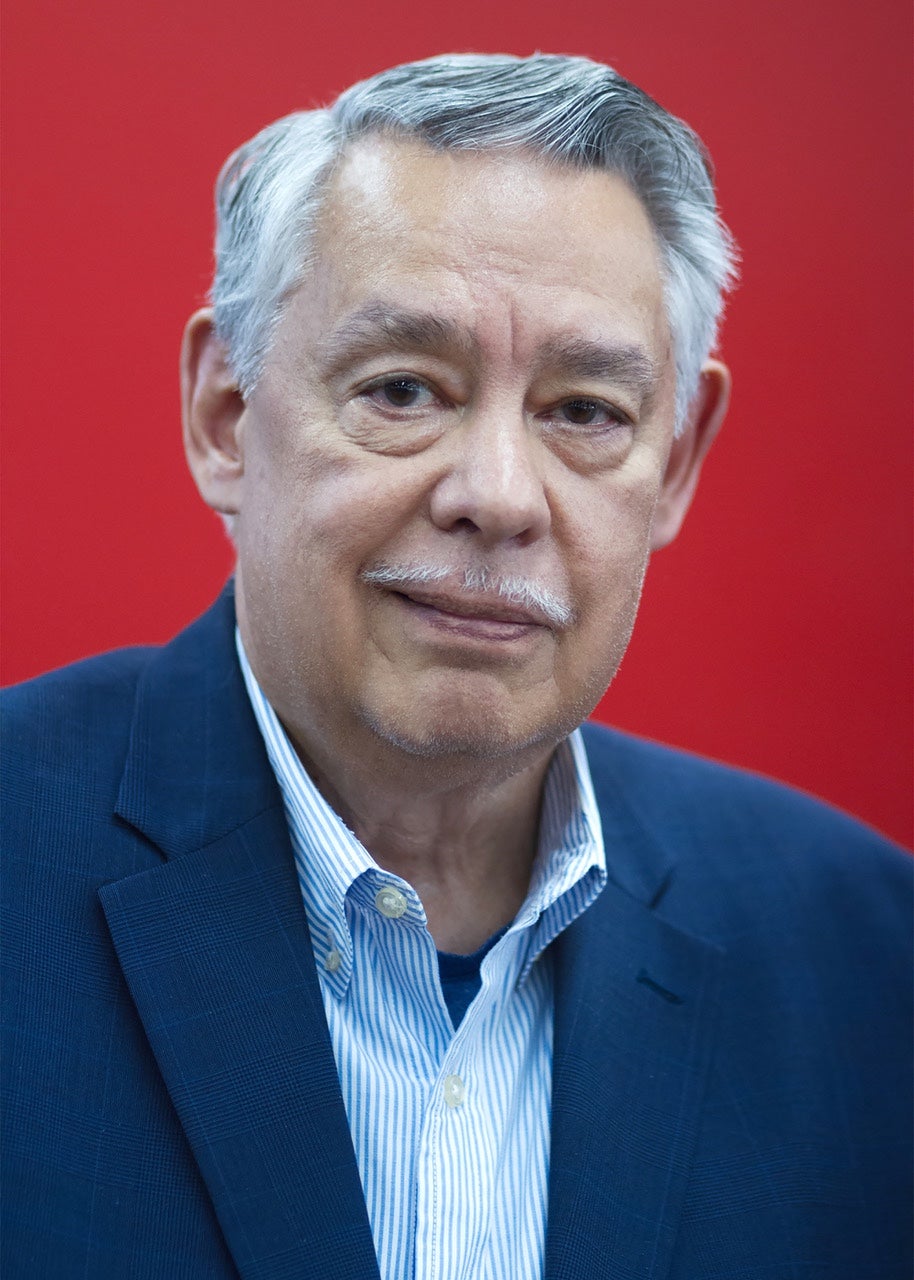
Juan González is a Senior Research Fellow at Great Cities Institute.
He was a staff columnist for New York’s The Daily News for nearly thirty years, has been a co-host since 1996 of the morning news show Democracy Now, and was the Richard D. Heffner Professor of Communications and Public Policy at Rutgers University from 2017 to 2023. He is also one of the original founders and a past president of the National Association of Hispanic Journalists.
González’s investigative reports on the labor movement, environmental justice, race relations, and urban policy have garnered numerous accolades, including two George Polk Awards for commentary, and he became in 2015 the first Latino to be inducted into the New York Journalism Hall of Fame by the Society of Professional Journalists’ Deadline Club.
He is the author of five books, including the classic Harvest of Empire: A History of Latinos in America (2001), which became the basis of an award-winning 2012 feature documentary film narrated by González, and which is now in its third edition. His News for All the People: The Epic Story of Race and the American Media (2011), which he co-authored with Joseph Torres, was a New York Times best-seller and a finalist for the Robert F. Kennedy Book Award. His Reclaiming Gotham, Bill de Blasio and the Movement to End America’s Tale of Two Cities (2017), examines the rise of progressive elected officials in cities across the United States and their efforts to reform urban policies.
Over the years, more than two dozen films and documentaries have featured González as a figure or expert commentator, including the landmark PBS series Latino Americans(2013); the PBS documentary 9/11’s Unsettled Dust (2021); the CNN series 1968: The Year that Changed America, (2018); HBO Max’s docuseries Menudo: Forever Young (2022); the Ric Burns history of Latino New York, Nueva York (2010); the PBS biography Roberto Clemente (2008); and Spike-TV’s Viva Baseball (2005).
He was born in Puerto Rico, raised in New York City’s East Harlem, and received his B.A. from Columbia University.
Panelists
Pablo Alvarado
Pablo Alvarado is co-Executive Director of the National Day Laborers Organizing Network. Since its founding in 2001, NLDON has grown to be a nationwide alliance of 69 workers’ rights organizations dedicated to raising standards for day laborers and other workers in low-wage industries. Central to NDLON’s strategy is the belief that those directly affected by labor injustices should lead the efforts to address them. This approach builds grassroots power and ensures that the voices of day laborers and migrant workers are at the forefront of organizing, litigation, and policy advocacy. Alvarado has received several prestigious awards and recognitions for his work in advocating for immigrant and worker rights, including being named one of the 25 most influential Hispanics in the U.S. by TIME Magazine and the Rockefeller Foundation’s Next Generation Leadership Fellowship, which honors entrepreneurial and risk-taking leaders.
Teresa Cordova
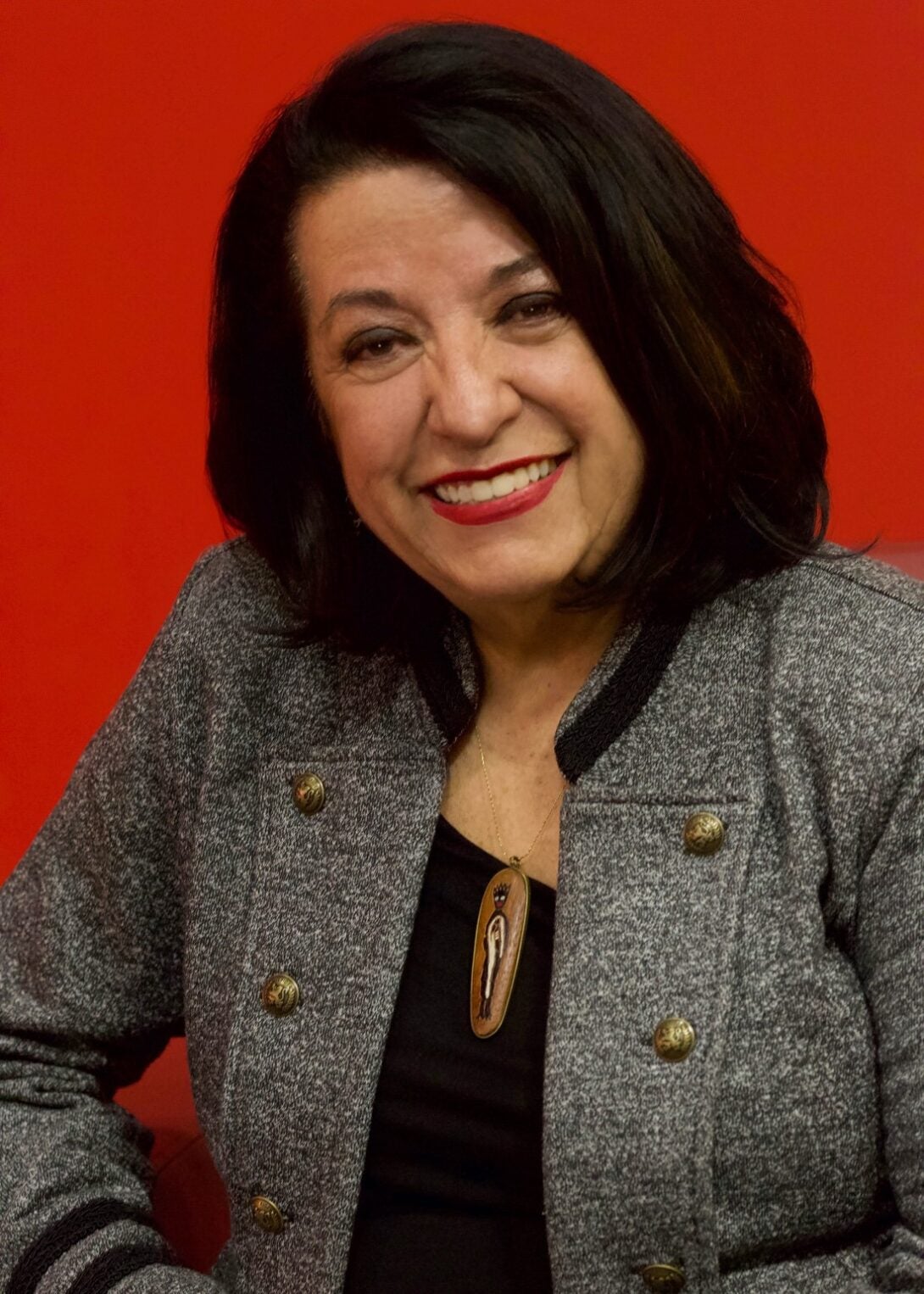
Teresa Córdova, Ph.D. is Director of the Great Cities Institute (GCI) and Professor of Urban Planning and Policy at the University of Illinois Chicago. Professor Córdova approaches her work as a scholarship of engagement in which research, pedagogy, and service are integrated. Teresa is an expert in community/university partnerships and methodologies of engaged research. In addition to strategies for community and economic development, her work focuses on global/local dynamics and the impacts of global economic restructuring on local communities, including impacts of resource extraction.
Teresa is a proponent of business incubators, particularly at the neighborhood scale and has won awards for her multiple roles in developing a small business incubator and commercial kitchen. Through GCI, she addresses issues of chronic and concentrated joblessness among young people and supports efforts to rebuild the manufacturing sector in the Chicago region through workforce development, land use preservation, succession strategies, and high-tech innovation.
Dr. Córdova currently sits on the Cook County Economic Development Advisory Committee (EDAC), is a member of the Board of Directors of the Grand Victoria Foundation and sits on the Advisory Board of Chicago Community Trust’s We Rise Together. She was Chair of the Chicago Plan Commission from 2019-2022; sat on Mayor Brandon Johnson’ Transition Subcommittee on Economic Vitality and Equity; and served on the transition committee for Governor J.B. Pritzker on Job Creation and Economic Opportunity. She publishes in the fields of Community Development and Latino Studies.
Professor Córdova received her Ph.D. (1986) in Sociology from the University of California, Berkeley.
Philip Nyden
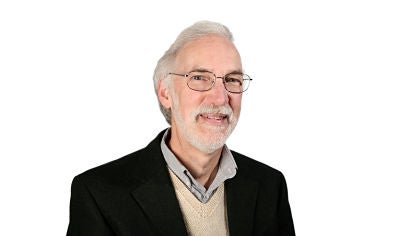
Founding director of the Center for Urban Research and Learning at Loyola University Chicago and currently a Professor Emeritus of Sociology.
Dr. Nyden has been a faculty member in the department since 1979 and was appointed as Director of the Loyola University Center for Urban Research and Learning (CURL) in January 1996. Funded by a grant and endowment from the Robert R. McCormick Tribune Foundation, the Center is facilitating collaborative research projects between all sectors of the university and a broad range of community organizations, health care providers, educational institutions, social service agencies, and government agencies.
In the late 1980s, Dr. Nyden helped to establish the Policy Research and Action Group (PRAG)—a group of Chicago-based community leaders and university-based researchers which has been building a collaborative network to bring community knowledge and perspectives to the research process.
In the past Dr. Nyden has worked with the City of Chicago Commission on Human Relations, the Leadership Council for Metropolitan Open Communities, the Organization of the NorthEast, the Howard Area Community Center, the Evanston Human Relations Commission, Hull House, and the Human Relations Foundation on a variety of projects aimed at promoting stable diverse neighborhoods, improving access to quality affordable housing, gaining an understanding of the needs of youth and families in our local community, and understanding business development in economically diverse communities.
Dr. Nyden continues to examine the factors that produce stable racially, ethnically, and economically diverse communities. This follows up on a major report completed in conjunction with the US Department of Housing and Urban Development and the Leadership Council for Metropolitan Open Communities. Published as a full issue of HUD’s policy journal, Cityscape, this study examined factors and organizational strategies that strengthen racial, ethnic, and economic diversity in 14 already diverse urban neighborhoods in nine cities (New York, Philadelphia, Chicago, Milwaukee, Memphis, Houston, Denver, Seattle, and Oakland).
Most recently, Dr. Nyden has examined how grassroots-level collaborative research in different cities and countries can be better connected to more effectively allow communities to share valuable information and insights in addressing pressing problems. In addition to authored articles and reports, Dr. Nyden has lectured extensively on collaborative university-community research approaches and center development in the US, Europe, Australia, and Africa.
Loyola University Chicago
Professor of Sociology (1979–2017)
Sociology & Anthropology Dept. Chair (1988–1995)
Director, Center for Urban Research and Learning (1996–2016)
Professor Emeritus of Sociology (2017-Present)
Degrees
University of Pennsylvania
PhD in Sociology, May 1979
University of Pennsylvania
MA in Sociology, May 1973
Drew University, Madison, New Jersey
BA with Honors, May 1972
Nik Theodore
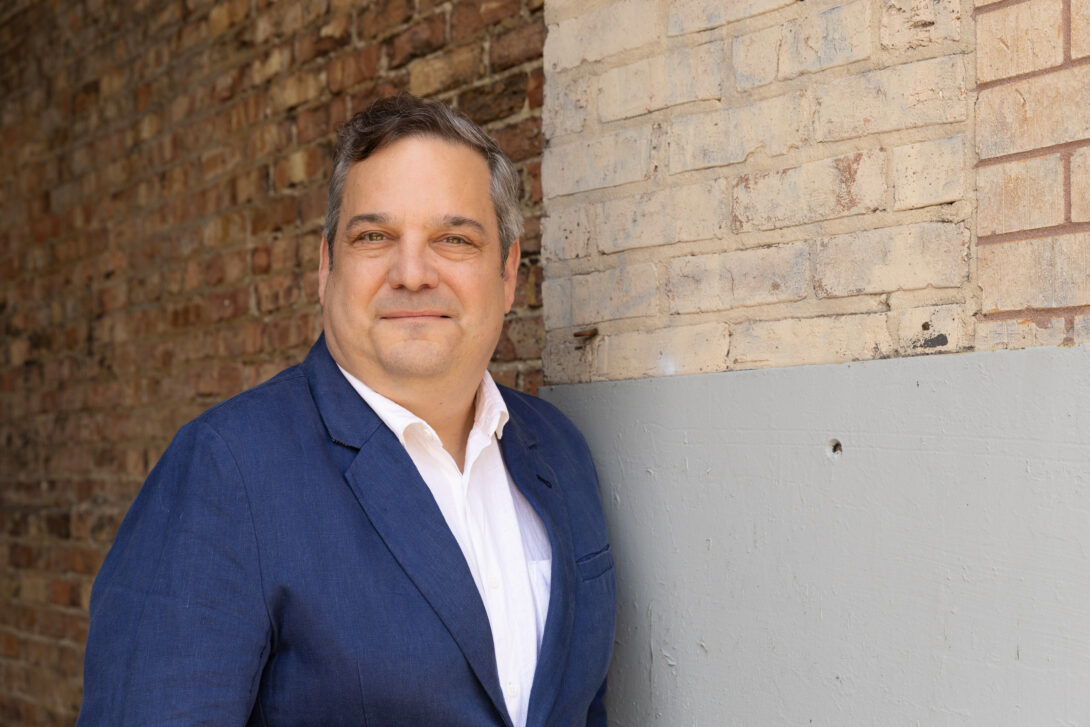
Nik Theodore is a distinguished professor in UIC’s Department of Urban Planning and Policy as well as the director of the Center for Urban Economic Development. His research focuses on industrial change and the restructuring of employment regimes, economic informality, and urban governance. His research agenda is motivated by core commitments to understand how processes of urbanization are remaking and entrenching social inequalities, patterns of uneven development, and modes of political-economic exclusion. He currently serves as an editor of the International Journal of Urban and Regional Research.
Alonzo Waheed
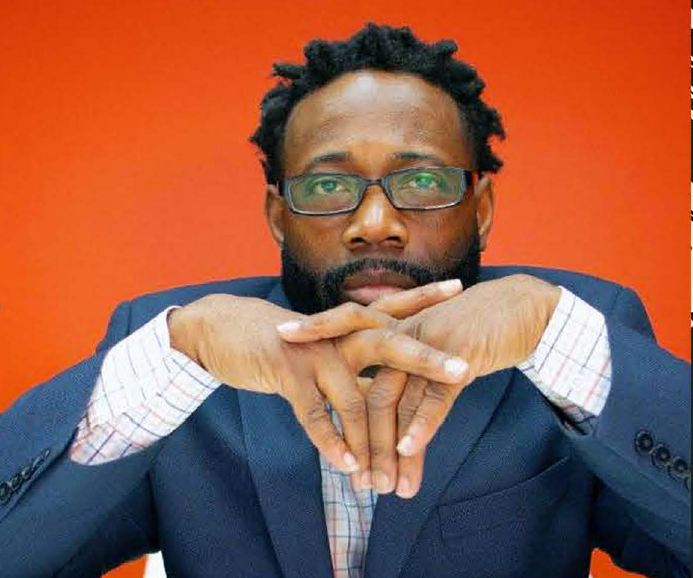
Alonzo is part of a group of strong leaders at Equity and Transformation who are organizing to create change and justice for men and women within the informal community. His objective in creating the programs, cohorts and educational opportunities that E.A.T offers is to address the multiple barriers faced by impacted men and women by incorporating restorative justice practices such as developing programs that take a wholistic approach to well-being. Programs that include teaching skill sets that not only increase employment opportunities but also aid in personal development, such as learning how to center one’s self, communicate effectively, and providing tools and resources that help to re-establishing ones self after incarceration.
Alonzo understands the unique collaborative responsibilities by which all organizations must abide. As Program Director for Equity and Transformation, Alonzo’s experience not only includes organizing individuals and communities but also training participants in relative campaigns that advocate for social and economic justice and demonstrating practices that contribute to emotional and physical well-being. Alonzo studied accounting at Taylor Business Institute and is invested in showing individuals the value of an education and making sure that they can make it over hurdles to have the skills that they need. His training includes Restorative Justice training through Nehemiah Trinity Rising, Cognitive Behavior Training , and over 10 yrs of mentoring directly impacted individuals.
Mr. Waheed is also a Minister who has gone before many congregations to minister the word of God. He is dedicated and passionate about the edification and liberty of man. His favorite scripture is:
Luke 4:18 “The Spirit of the Lord is upon me because he hath anointed me to preach the gospel to the poor; he hath sent me to heal the brokenhearted, to preach deliverance to the captives, and recovering of sight to the blind, to set at liberty them that are bruised.”
Wim Wiewel
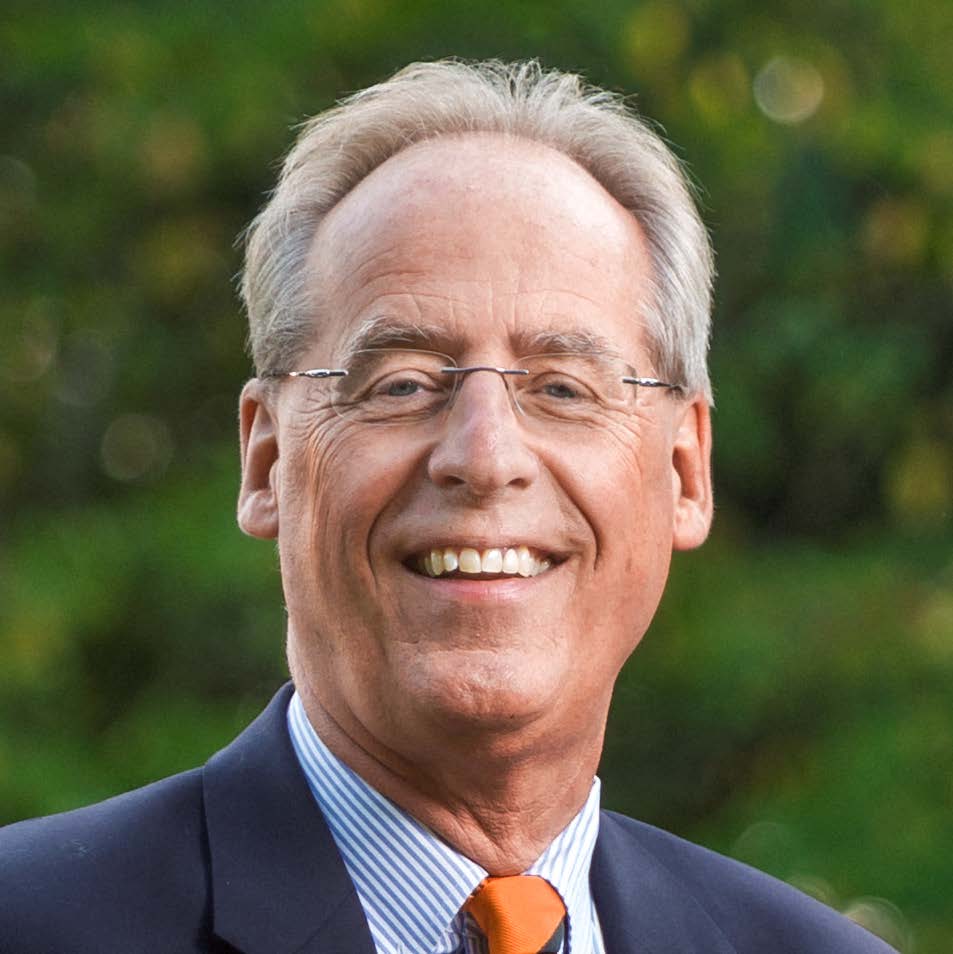
Wim Wiewel is an academic leader, urban planning expert, and advocate for community engagement. He served as President of Lewis and Clark College in Portland, Oregon from 2017 until his retirement in 2022. During these years the endowment doubled in value, and enrollment reached an all-time high. He served as the President of Portland State University from 2008 to 2017, where he spearheaded initiatives to strengthen civic partnerships, enhance student success, and elevate PSU’s global presence. Before that, he was the provost at the University of Baltimore, and was at UIC from 1979 until 2004, serving in successive roles as director of the Center for Urban Economic Development, Special Assistant to the Chancellor for Great Cities, director of the Great Cities Institute, and dean of the College of Urban Planning and Public Affairs, and the School of Business Administration.
Beyond academia, Wiewel has been deeply involved in the civic and cultural landscape of the cities where he has lived, as well as national academic, environmental, and urban development organizations.
Wiewel is the author or editor of eleven books and over 70 academic articles and chapters. He holds degrees in sociology and urban planning from the University of Amsterdam and earned his Ph.D. in sociology from Northwestern University.
Lightning Talk Presenters
Kate Albrecht, Assistant Professor, Public Policy, Management and Analytics, University of Illinois Chicago
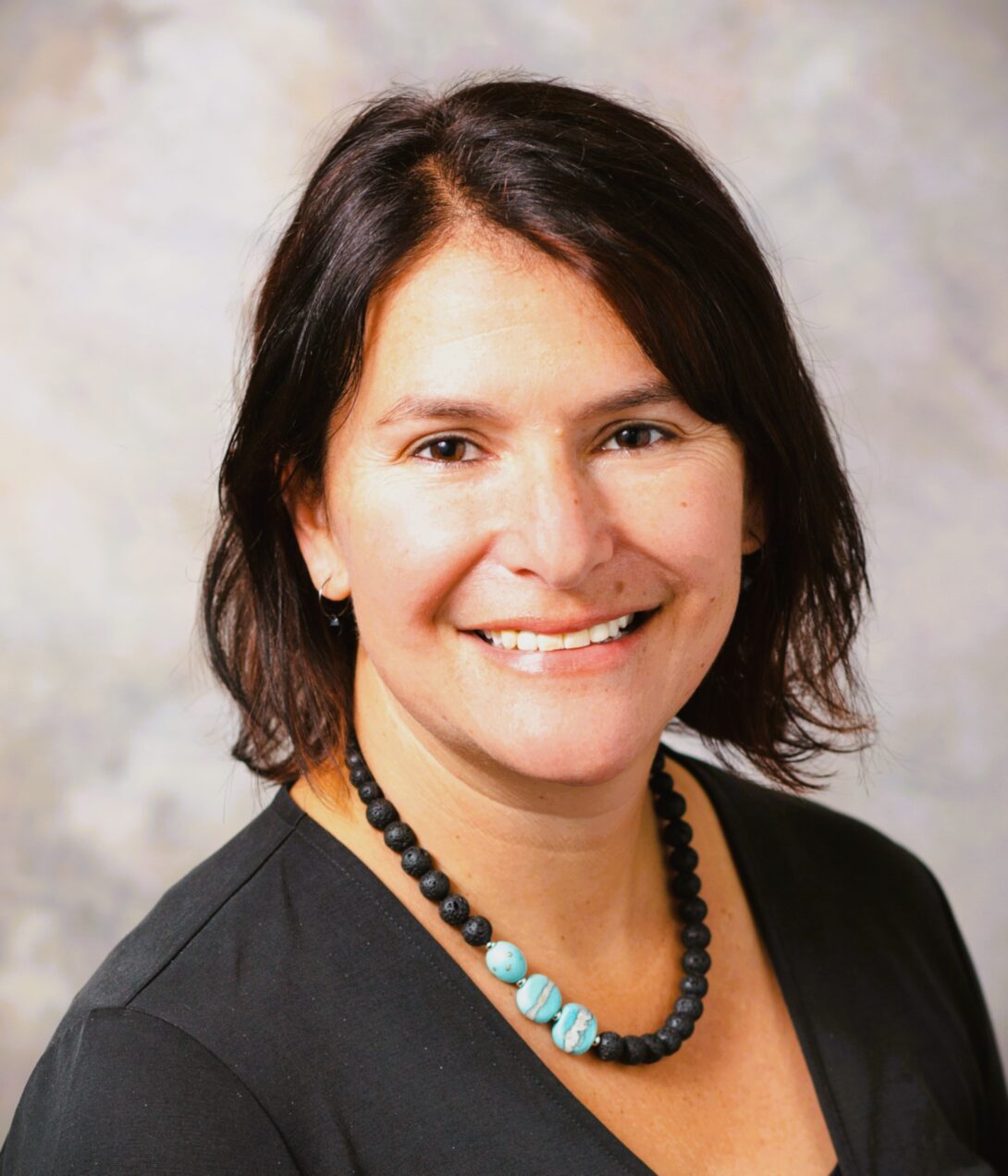
Dr. Kate Albrecht is an Assistant Professor of Public Policy, Management & Analytics who specializes in network analysis, collaborative governance, and interdisciplinary approaches to understanding complex social systems. Her research explores critical areas including collaborative interactions between government and nonprofit organizations for community health, network evolution methodologies for understanding policy challenges, and innovative strategies to improve access and equity in public service delivery. She has produced significant translational research through her engagement with the Institute for Policy and Civic Engagement and the Government Finance Research Center in CUPPA.
Melissa Chrusfield
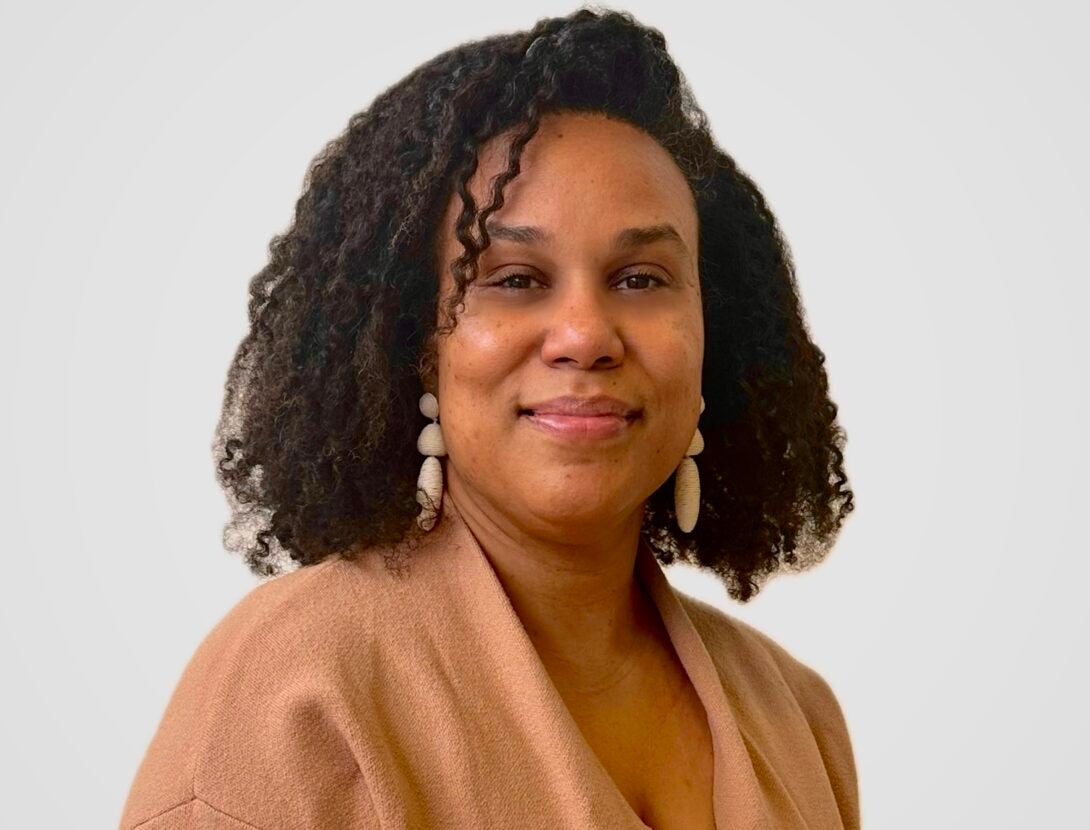
Melissa is the Director of Communication & Engagement at PCC Wellness Community Center in the beautiful Austin Community on the West Side of Chicago as well as Co-Founder of Fit Together, a holistic wellness organization. Melissa has a heart and a passion for unearthing the limitless potential in all people. She is a long-time resident of the West Side of Chicago, an advocate for her community and a mother of three. She desires deeply that the beauty, potential and great value of every human be recognized with both words and action.
Melissa served as a member of the Community Advisory Committee for the Sinai Urban Health Institute for eight years, is the Co-Chair for UIC’s SPH Greater Lawndale Healthy Work Project, board member for Chicago Coalition to End Homelessness, served as a member of the American Heart Association’s Midwest Region Racial Equity Committee and is a member of the Community Advisory Committee for West Side United. Melissa strives to build authentic relationships as she believes therein lies the root of real change.
Kate Eakin
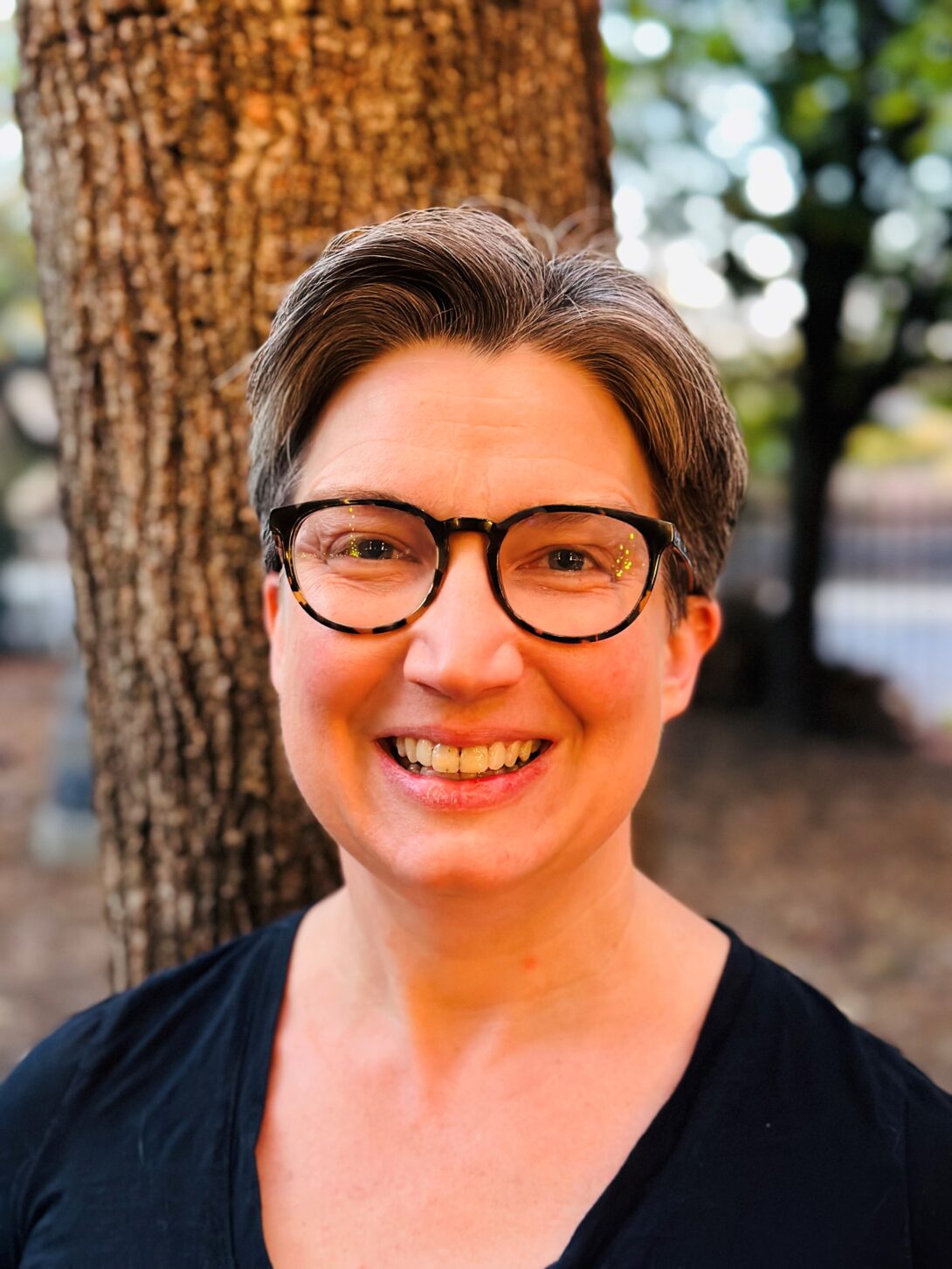
Kate is the Managing Director of McKinley Park Development Council, which advocates for the McKinley Park neighborhood of Chicago and seeks to involve neighbors in all development decisions that affect it. At the helm of MPDC, Kate has worked to make community-driven planning the norm in McKinley Park, spearheading planning and revitalization efforts on the South Branch of the Chicago River and the 35th St Commercial District. She also sits on the Riverfront Ecology and Governance Task Force, the 12th Ward Community Driven Zoning initiative, Elevated Chicago’s Equitable Transit-Oriented Development Working Group, and Metropolitan Planning Council’s Community Advisory Group. Another focus of Kate’s work has been expanding MPDC’s capacity by growing its partnership network, which today includes over 15 nonprofits, relationships at all levels of government, and institutions like UIC College of Urban Planning and Public Policy. In addition to current work with UIC, Kate holds an MBA from UIC’s Liautaud School of Business.
Keith Lewis
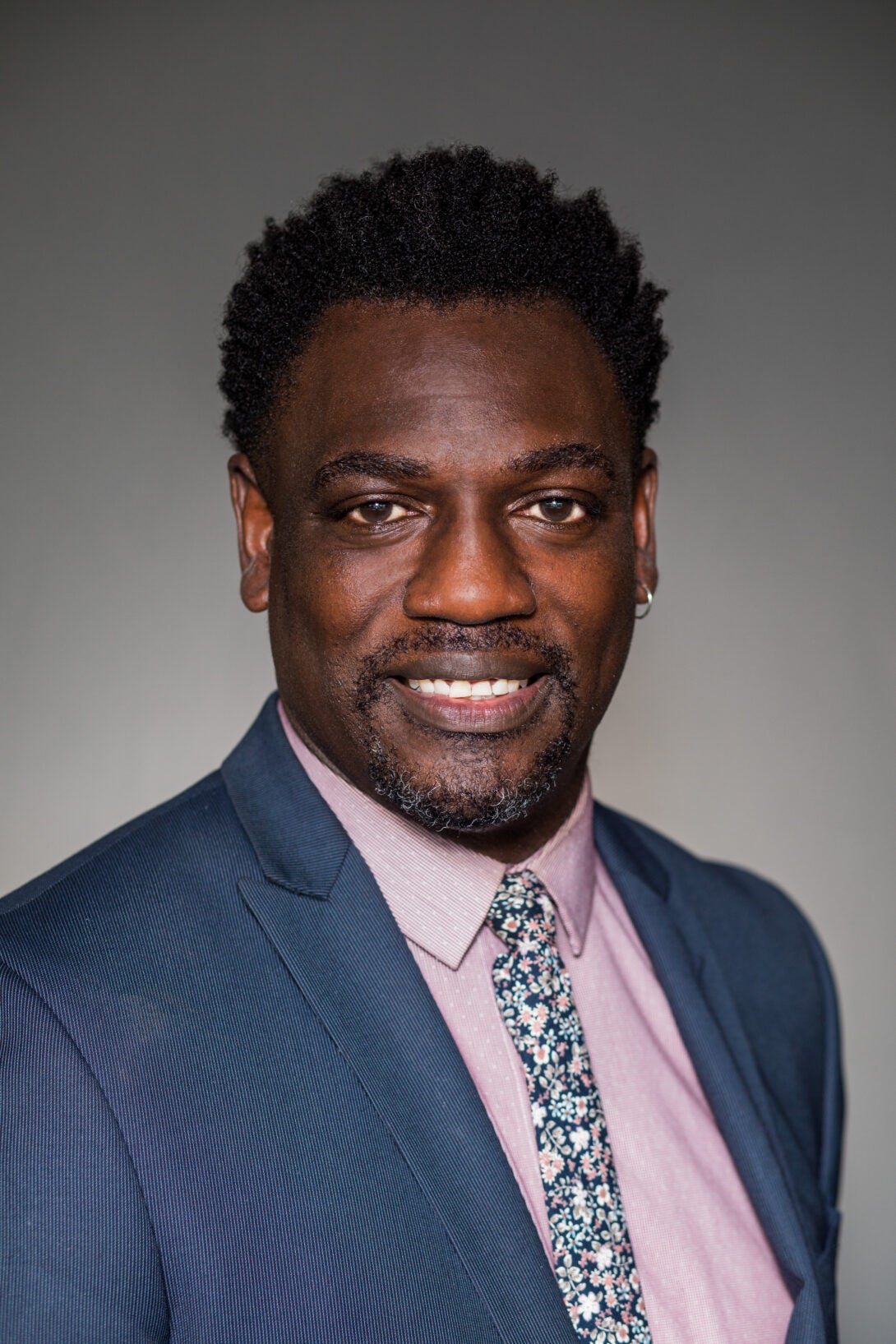
Keith Lewis is the Senior Director of Community Collaboration at the University of Illinois Chicago and an Adjunct Professor in the College of Business. He serves on the Chancellor’s Committee on the Status of Black, Brothers Teaching Advisory Council, UIC Partnerships for Antiracist Campus Transformation and Advisory Committee for Black student success. Mr. Lewis serves on Board of directors and advisory boards for Community Leadership Fellows, Chicago Rites of Passage Mentoring Institute, and the Chicago Community Trust African American Legacy Fund. He is active in the leadership development and racial healing community. Lewis is an alum of Leadership Greater Chicago, Latino Policy Forum’s Multicultural Leadership Academy and Public Allies Chicago. He holds a B.A from Michigan State University and M.P.A from Governors State University.
Oscar Sanchez
Bio and photo coming soon.
Khelan Todd
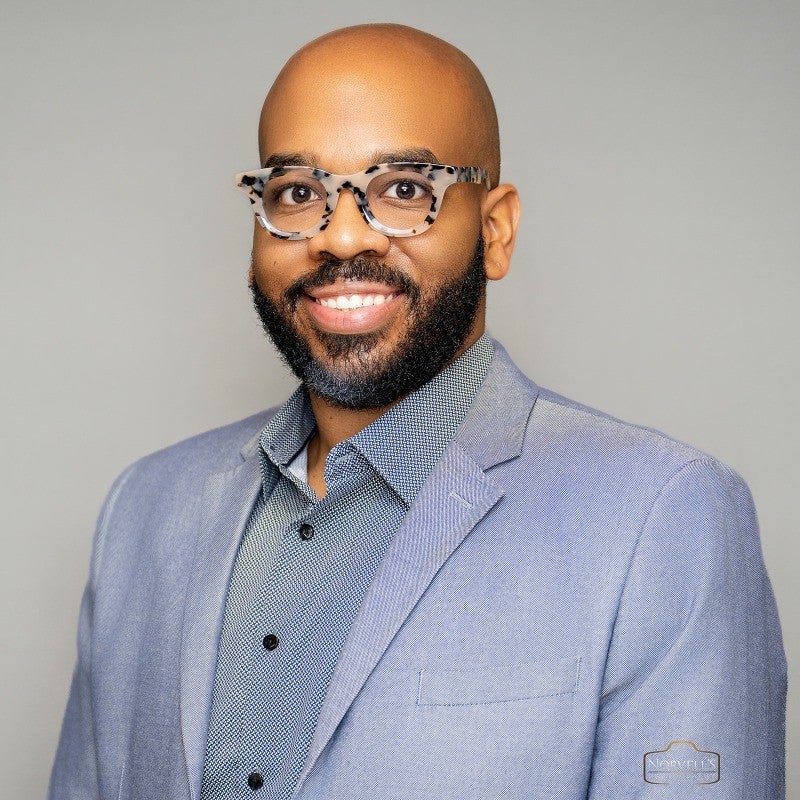
Khelan Todd
Chief Impact & Innovation Officer | Workforce Development Leader | Advocate
Khelan Todd is a dedicated leader focused on driving economic mobility and creating lasting change in underserved communities. As Chief Impact & Innovation Officer at the North Lawndale Employment Network (NLEN), he leads workforce development initiatives that empower individuals and strengthen neighborhoods in Chicago. Previously, Khelan served as Director of Community Health & Engagement, expanding healthcare access for over 30,000 individuals, and founded The Black Male Enterprise (TBME), an initiative that mentors and supports young Black males, achieving a 100% high school graduation rate. Khelan is driven by a passion for breaking down barriers and unlocking opportunity to help individuals reach their full potential.
Tony Woods

Tony Woods
Founding Executive Director, Public Equity
Community Violence Intervention Practitioner | Advocate for Marginalized Communities
Tony Woods, a Chicago native, is a seasoned community violence intervention practitioner with over
15 years of experience dedicated to violence reduction, restorative justice, and mentorship. As the
Executive Director of Public Equity, he leads efforts to address violence through prevention,
intervention, and community empowerment in underserved African-American neighborhoods.
Current Work and Impact
Tony’s work focuses on tackling the root causes of violence by creating community-based solutions
and directly intervening to break cycles of harm. Through Public Equity, he has impacted over 3,000
individuals in the Auburn Gresham and Greater Englewood areas, working to reclaim historically
significant community spaces and shift narratives surrounding marginalized communities.
He was instrumental in expanding the Peace Keepers program (formerly F.L.I.P.) during the COVID-19
pandemic, achieving a significant reduction in violence across Englewood, which led to the
program’s growth into a state-wide initiative. He has also advised Chicago C.R.E.D. on effective
violence reduction strategies and the role of social media in mitigating conflict.
Philosophy and Leadership
Tony is a passionate advocate for community-driven change. As the Community Convener for West
Englewood through the Reimagine Public Safety Act, he continues to collaborate with residents to
identify priorities and design public safety strategies that address their needs.
He believes that, “Investment in ourselves first on an individual basis, then an even greater
investment in our communities… can only happen by removing barriers that prevent us from
accessing resources and opportunities.” His work is guided by this conviction, striving to create
lasting, sustainable change through investment in people and communities.